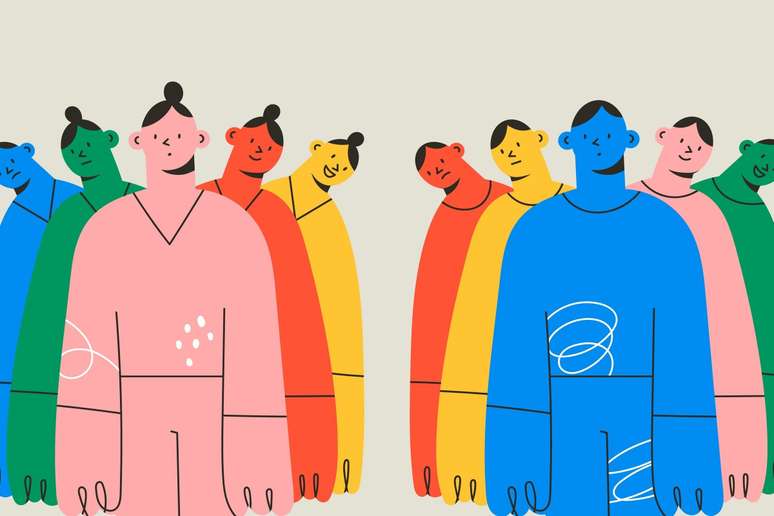What we feel and think comes from different parts of us. We must learn to listen to them without becoming attached to them
Have you ever wondered how it is possible to dialogue with the different parts of yourself? Yes, I have a habit of having periodic meetings with myself. I learned to identify and name the different aspects of my personality: the primary “I”, the secondary “I”, the tertiary “I”, and the “invaders”. Each of them has its own function, motivation and expression.
The primary “selves”.
Primary “selves” put us in touch with our basic needs, such as food, safety, health, and pleasure. They are our animal dimension, which seeks survival and satisfaction. They are impulsive, instinctive and, at times, irrational. They can lead us to act selfishly, hastily or irresponsibly. Therefore, it is important knowing how to listen to them, but also control them. Especially when they are very upset or dissatisfied.
Secondary “selves”.
Secondary “selves” are those who try to rationalize everything that happens, seeking explanations and justifications for our actions and feelings. They can be helpful in some situations, but they can also hinder us when they ignore or repress our emotions. Since they don’t know how to deal well with what we feel, they prefer to hide or deny this dimension, which can generate frustration and irritation.
Tertiary “selves”.
Tertiary “selves,” in turn, distract us from the present, bringing memories of the past or projections of the future. They can make us relive happy or sad moments, as well as prevent us from enjoying what is happening now. They make us doubt whether we are ourselves or we are influenced by other people or situations. Therefore, they can create confusion and anxiety in our minds, hearts and activities.

External stimuli influence identity
We live in a world full of stimuli and influences, coming from the media, society and other individuals. We sometimes confuse these flows with our own desires and opinions, since these are the invading “selves”. It is important to ask whether this interference represents our internal values, desires and needs. This involves the practice of self-reflection and self-awareness.
For this reason, sometimes I isolate myself and become like a hunter who observes and studies his prey. I look at all my “selves” and listen to what they have to say, but without judging any of them. I let them talk all they want, but I don’t get carried away by any of them. I just observe.
By Kaká Werá – Vida Simples magazine
He is an ecologist of being and cultivator of the art of balancing human nature.
Source: Terra
Ben Stock is a lifestyle journalist and author at Gossipify. He writes about topics such as health, wellness, travel, food and home decor. He provides practical advice and inspiration to improve well-being, keeps readers up to date with latest lifestyle news and trends, known for his engaging writing style, in-depth analysis and unique perspectives.






-t4ygakrtjjn9.jpg)


